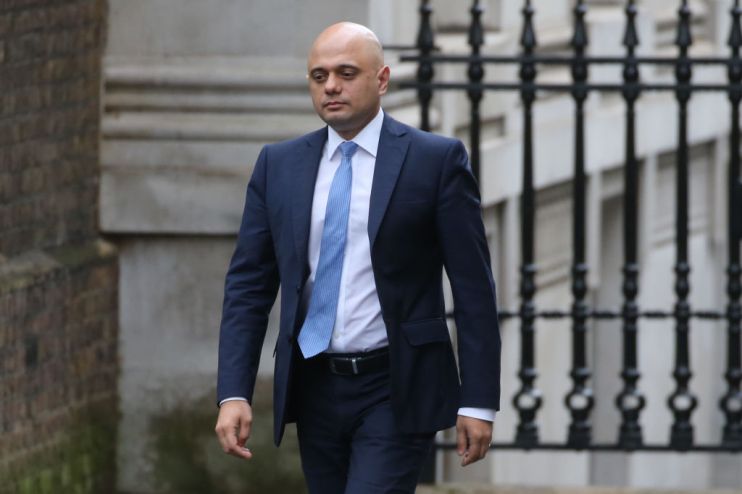Sajid Javid opts to go down with the ship

Just under three months ago, Boris Johnson promised a room full of business leaders that Sajid Javid was guaranteed to remain in office as chancellor. He praised Javid and gave a “categorical” commitment to the CBI conference that he will remain in post.
Yesterday, Javid was told that if he wanted to keep his job he would have to submit to Number 10, fire his aides and do as he was told. To his immense credit, he quit.
On the face of it, a former Deutsche Bank man has been replaced by a former Goldman Sachs man, and the City won’t be panicking about the switcheroo. Rishi Sunak takes the reins, and in normal circumstances this would be good news for fans of free-market liberalism.
Sunak, a minister under Javid at the Treasury, was a regular on the think-tank circuit, extolling the virtues of free-trade, fiscal discipline and low taxes.
The problem is, so was Javid — and look where it got him. We are prepared to give Sunak the benefit of the doubt, but it does look as if he’s taken a job that only became vacant because the previous holder wasn’t prepared to see its authority eroded by a power-hungry Number 10.
As things stand, there is some confusion over the ideological direction of this government. Mooted wealth taxes, property taxes and hikes to inheritance and capital gains tax have raised eyebrows and, in some quarters, blood pressure.
It isn’t clear whether these ideas came from Team Javid or Number 10. If the former, then they could now be buried. If the latter, will Sunak nod them through?
Friends of Javid last night insisted that the reality was more complex, with rows over tax and capital expenditure having reached the point where ideas are leaked and briefed. Beyond the Kremlinology, another issue is unavoidable.
Losing your chancellor one month before he was due to deliver the first Budget of a new majority government doesn’t just look careless, it looks reckless. As one asset manager put it yesterday, what happened to the promised stability after so much political uncertainty? Finally, there’s the issue of executive competence — indeed, confidence.
When relations between Number 10 and the Treasury fall to such a low, a new chancellor can paper over the cracks, but questions will remain about the style of this operation. Javid’s resignation letter urged the PM to respect the credibility of the Treasury. Those close to the former chancellor think there’s little chance of that now.
Main image: Getty
